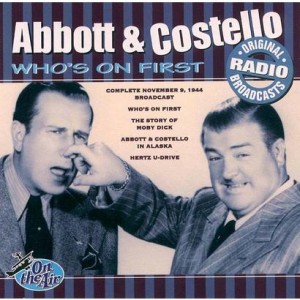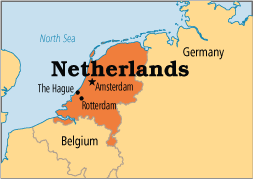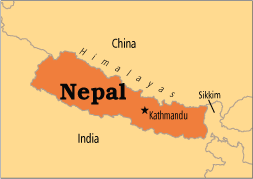 In the beginning God created the heavens and the earth. How? By the words of his mouth.
In the beginning God created the heavens and the earth. How? By the words of his mouth.
Words are important. God’s words, even more. In Genesis 1:1-2:3 we have the word of God regarding how the cosmos was created. These are important words.
The words in Genesis weren’t written yesterday, of course. Rather, they were written thousands of years ago, by an Egyptian-prince-turned-shepherd-turned-reluctant-prophet called Moses. And Moses was the speaker for God to an ancient people, Israel. So God chose to communicate his word to a people in a specific time and place – which is a very different time and place from us today. Genesis 1-2, and the Bible as a whole, was not written to us. Nevertheless, the Bible was written for us.
Here’s the problem. Our modern ways of thinking aren’t always the ways in which the original writers and hearers thought. Our questions aren’t always their questions. The answers they were looking for weren’t always the same ones we are looking for. Therefore, confusion can ensue when we seek answers from Moses based on questions he wasn’t intending us to ask.
The problem is illustrated in the Abbot and Costello skit, “Who’s on first?” Since the two men aren’t speaking on the same terms, they misunderstand each other. In the same way, we can come to Moses on different terms than those on which he comes to us. Confusion is inevitable.
So, when we come to Genesis 1-2, we come with questions fueled by a culture that is used to speaking about creation in terms of physical material. Yet, generally, the Israelites came to the text asking questions of purpose. What was the purpose of the light, sky, sea, land, stars, animals and humans? Even more importantly, who gave this purpose to it all?
What we come away with is a message that no scientific text can give – a message of purpose. As Albert Einstein once said, “The function of setting up goals and passing statements of value transcends the domain of science.” God, through Moses, could have written a tome that would’ve outdone the greatest scientific thinkers of our day and on their terms. But instead he decided to write an equally truthful beginning to Genesis about the purposeful creation he designed by his amazing creativity – a creation designed to find its fullest joy in glorifying its loving Creator.



